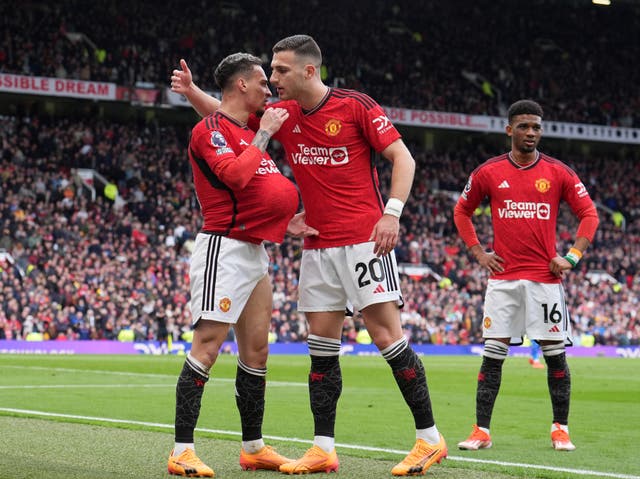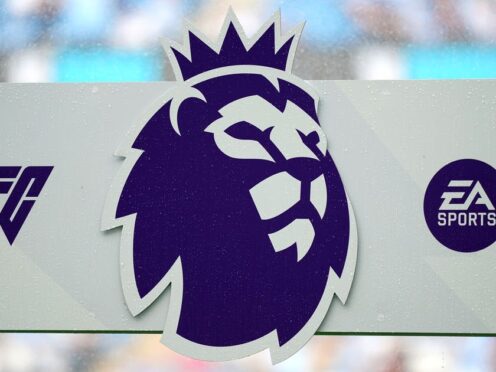A majority of Premier League clubs have given their backing to progressing with plans to examine a spending cap in the top flight.
The PA news agency understands clubs voted on Monday to progress to the final stages of a legal and economic analysis of anchoring – a principle which would potentially limit expenditure on things like player wages, plus agents’ fees and transfer amortisation costs, by capping them as a multiple of the central Premier League revenues going to the bottom club.
The intention of anchoring is to keep the league competitive by preventing the richest clubs dominating, with Manchester United and Manchester City understood to have voted against it.
Aston Villa are also reported to have voted against, with Chelsea reported to have abstained.
Anchoring faces some major obstacles before it can be fully adopted, not least the backing of the Professional Footballers’ Association which said on Monday it would “oppose any measure that would place a ‘hard’ cap on player wages”.
United oppose the concept of anchoring because they feel the measure unfairly penalises them for their success in generating large, self-sustaining revenues which they have built over decades of sporting achievement and commercial innovation.
The club are also understood to be concerned that measures to level out competition in the Premier League risk undermining the competitiveness of English clubs in relation to their European peers and weaken the Premier League as a global force.
Anchoring, if approved, would be one part of the new squad cost control measures which are set to replace the existing profitability and sustainability regulations (PSR) from the 2025-26 season.
Clubs unanimously voted in support of squad spending caps linked to revenue being a key principle within those new rules at a meeting on April 11.
Clubs playing in European competition from 2025-26 will need to limit squad-related costs – including spending on transfer and agents’ fees plus wages – to 70 per cent of revenue in order to abide by UEFA’s rules.

It is understood Premier League clubs are expected to be limited to 85 per cent of revenue, with points deductions still likely to be applied where breaches of the ratio are serious.
While the squad cost to revenue rules would effectively place spending limits on aspiring clubs who do not have the same earning power as more established clubs, anchoring – if approved – would create a ‘hard’ ceiling for the biggest and richest clubs which has no direct link to the revenue they earn.
Rules on anchoring are now set to be drafted, and could be voted on at the league’s annual general meeting in June. However, the PFA will need to be convinced that the measures do not place limits on what its members can earn.
A spokesperson for the PFA said on Monday: “We will obviously wait to see further details of these specific proposals, but we have always been clear that we would oppose any measure that would place a ‘hard’ cap on player wages.
“There is an established process in place to ensure that proposals like this, which would directly impact our members, must be properly consulted on.”
